Last updated on April 4th, 2023 at 10:27 am
There needs to be more clarity about healthy fats, what healthy fats are, why we need healthy fats in our diets, and the list goes on and on. The truth is that beneficial essential fatty acid is vital for optimal health and wellness. You have come to the right place if the contradictory information regarding healthy fats is confusing. In this post, we will break down healthy fats and create a guide on using healthy fats for cooking and baking.
Let’s jump right in.
First, it’s essential to understand that there are three different kinds (or categories) of fats:
- Saturated fat
- Monounsaturated fat
- Polyunsaturated fat
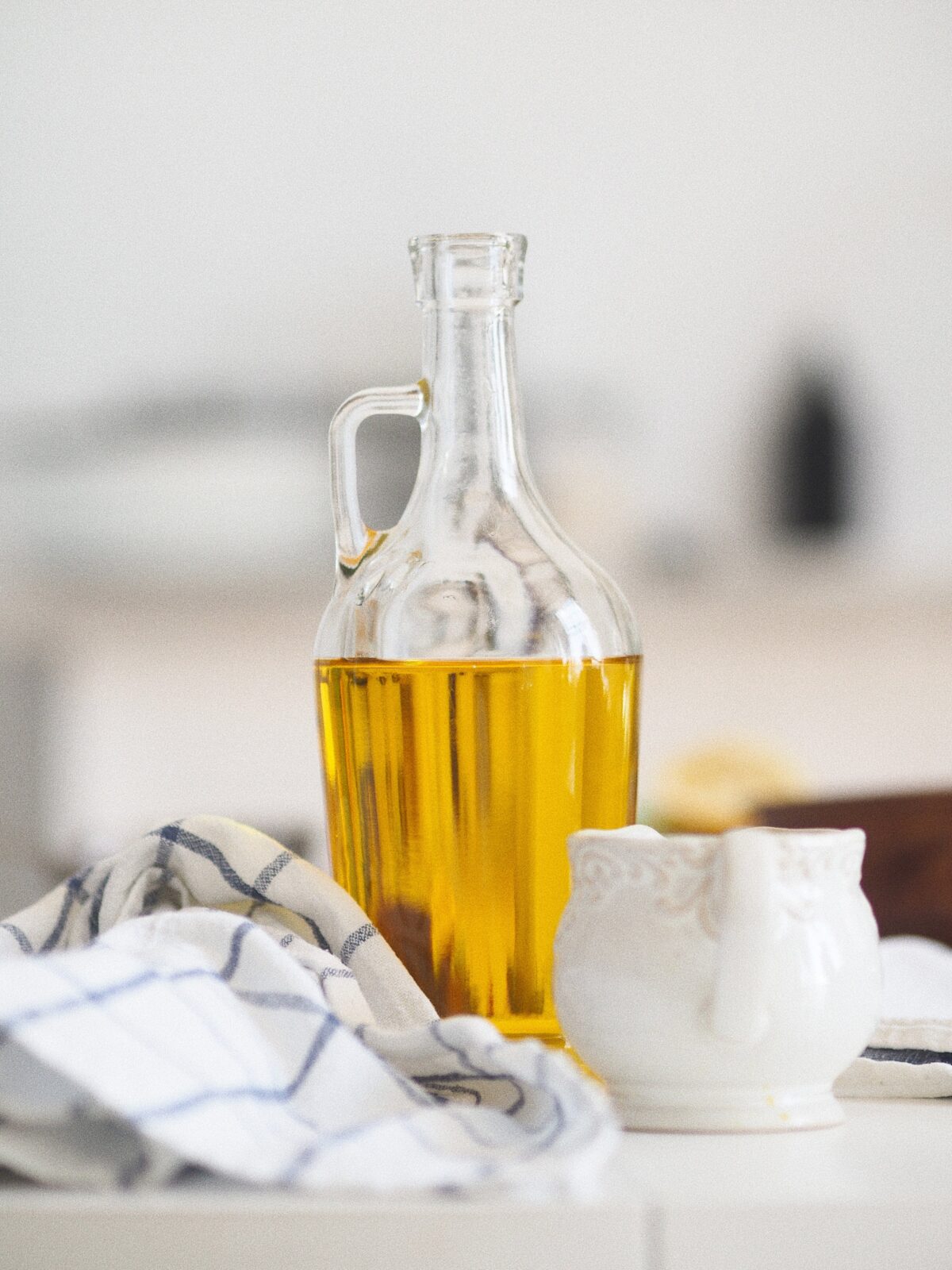
It is also essential to understand that different fats contain different fatty acid chains. Butter is a short-chain fatty acid that the body uses for energy and rarely stores as fat; it also contributes to the immune system’s health. Coconut and other tropical oils are medium-chain fatty acids used quickly for energy, not stored as fat, and contribute to the immune system’s health. Vegetable oils (such as canola, corn, etc.) are long-chain fatty acids stored as fat in the body.
What are saturated fats?
Saturated fats are stable, don’t go rancid quickly, and are solid at room temperature. For many years conventional doctors and mainstream media have told us that saturated fats are to blame for all our modern diseases. It turns out it was utterly false.
These fats are vital in keeping the body happy and healthy. There are so many benefits to consuming healthy saturated fats. My favorite is that you start feeling more satisfied as you eat it. It is also imperative to understand that there isn’t a single study that proves that saturated fats from healthy animals cause heart disease – now you can breathe and enjoy every bite of the vibrant flavor added to your meals.
Here are some of the beneficial and crucial things that saturated fatty acids do for the body:
- They are a healthy source of cholesterol that supports healthy bones, the nervous system, hormone production, proper serotonin levels, intestinal wall health, mineral metabolism, and muscle tone.
- They give our cells the necessary structure, integrity, and stiffness.
- The omega-3 in saturated fats plays a role in decreasing inflammation and strengthening the immune system.
- They play an essential role in healthy bones – for calcium to effectively integrate into the skeletal structure, at least 50% of the dietary fats must come from saturated fats.
- They protect the liver from toxins.
As you can see, saturated fats are essential to optimal and vibrant health. It is best to get most of your fat intake from saturated fats produced by happy and healthy animals.
Healthy saturated fats are an excellent choice in the diet: grass-fed butter, ghee, tallow, organic coconut oil, pastured lard, and pastured duck fat.
What are monounsaturated fats?
These are also stable fats, and they are liquid at room temperature. Using monounsaturated fats at lower temperatures is best because they oxidize when the heat increases. Oxidation creates free radicals, which damage the body’s cells, so it’s essential not to use these oils at high heat.
Two of the most popular monounsaturated fats are olive oils and avocado oil.
What are polyunsaturated fats?
Polyunsaturated fats are unstable and tend to be liquid at room temperature. High amounts of omega-6 fatty acids in the diet can contribute to heart disease, weight gain, and inflammation. Our omega-3 to omega-6 fatty acid ratio should be between 2:1 and 1:1 to maintain a healthy immune system and help reduce inflammation.
Some healthy polyunsaturated fats include flaxseed, walnut, and macadamia nut oil.
It is crucial to significantly reduce (or avoid, when possible) ALL processed polyunsaturated fats such as canola, corn, soybean, margarine, and other vegetable oils. These highly processed oils create so much dysfunction and imbalance in the body.
Now that you are more familiar with all the different types of fats. Let’s look at how to use these healthy fats for cooking and baking and what temperature to use them.
Healthy fats for high-heat cooking
Ghee or clarified butter has quickly become one of my favorite cooking fats. It can withstand high temperatures without oxidizing or smoking and lends a lovely, buttery, nutty flavor. Some people who are lactose intolerant can handle ghee because it is pure butter oil with the milk solids removed. You can make ghee at home.
Lard is the fat rendered from pigs. It is excellent for roasting or frying. It is also rich in conjugated linoleic acid (CLA), anti-inflammatory, and omega-3 fatty acids.
Tallow is the fat rendered from cows and is an excellent choice for high-heat cooking such as roasting or frying. If the tallow is from grass-fed animals, the fat is rich in CLA, anti-inflammatory, and omega-3 fatty acids.
Duck fat is another excellent choice of healthy saturated fat and cooks fabulously at higher heat. It pairs amazingly with root vegetables and is one of my favorites for making homemade french fries.
Chicken fat is also great for high-heat cooking.
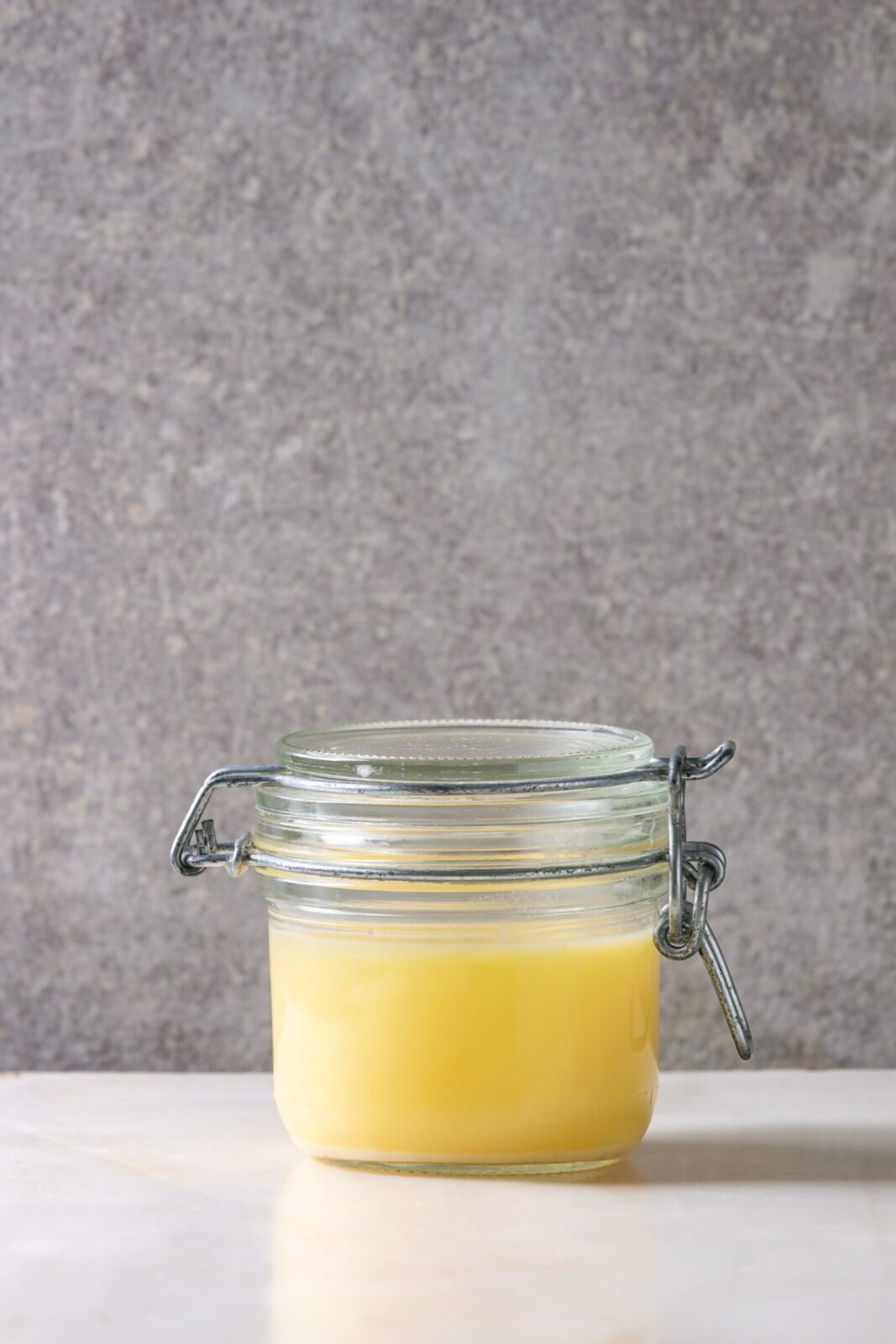 Healthy fats for low and/to medium heat cooking and baking
Healthy fats for low and/to medium heat cooking and baking
Butter is my go-to for medium-heat cooking and baking. Pastured butter contains healthy omega-3 fatty acids and fat-soluble vitamins that support the thyroid and endocrine systems. It is also a healthy form of cholesterol that the body uses to create and produce hormones. Butter is a short-chain fatty acid used quickly for energy, and the beauty of butter: the body rarely stores it as fat.
Coconut oil is a rich saturated fat with many antimicrobial and antiviral properties. It is my other favorite in baked goods and desserts, and I also like to use it in Asian-inspired recipes.
Palm shortening, if coming from a sustainable farm, is an excellent choice for baking.
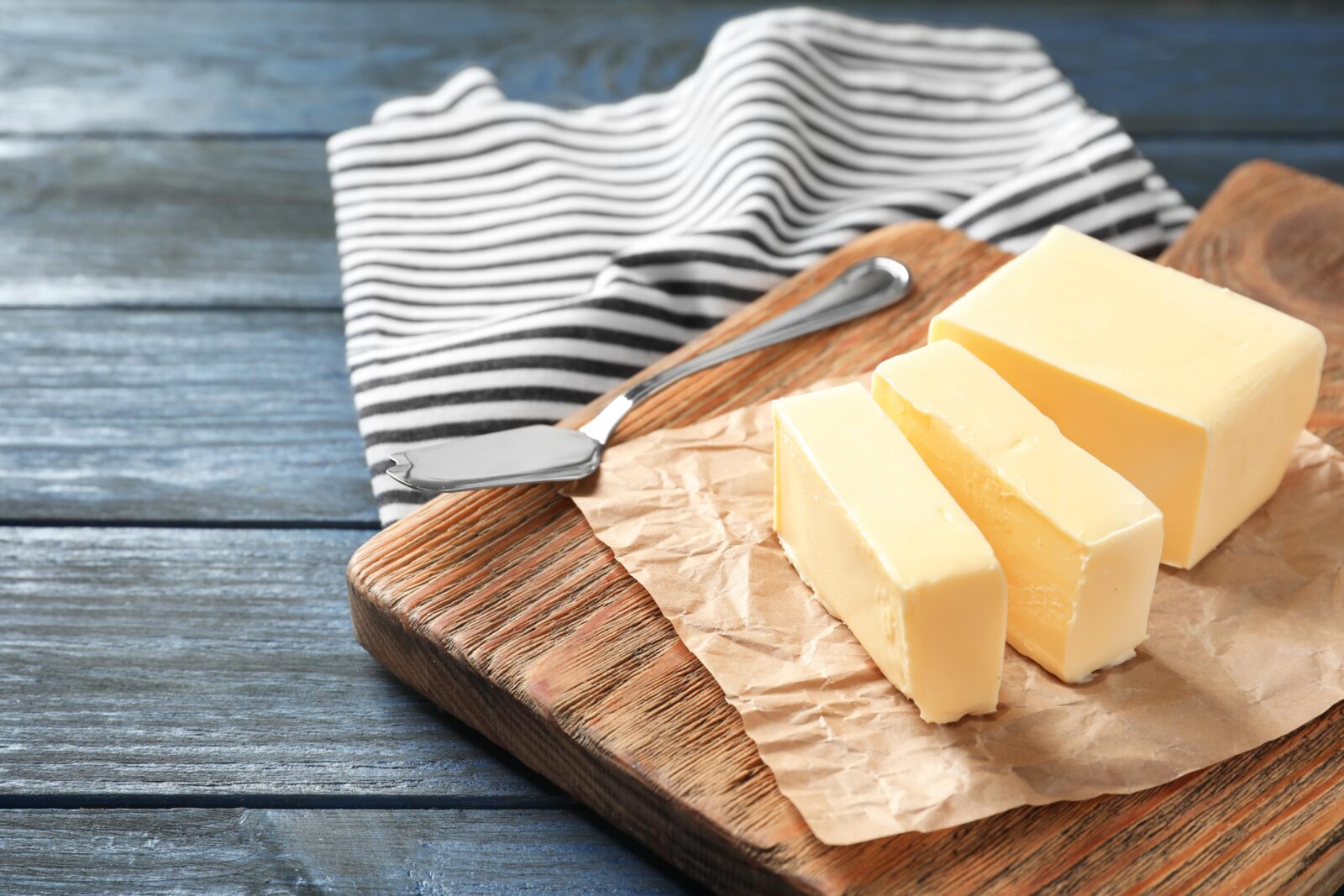 Healthy oils for very low-temperature cooking
Healthy oils for very low-temperature cooking
Olive oil is most beneficial to the body when used in its raw form because of the high percentage of oleic acid. Still, it does have a medium smoking point, so it is ok to use for light sauteing. I know that olive oil is what most people recommend for roasting, but olive oil will oxidize at a higher heat – this breaks down all the nutrients. Ideally, it is best to use olive oil raw.
Avocado oil is best when cold-pressed and raw in salad dressings and dips.
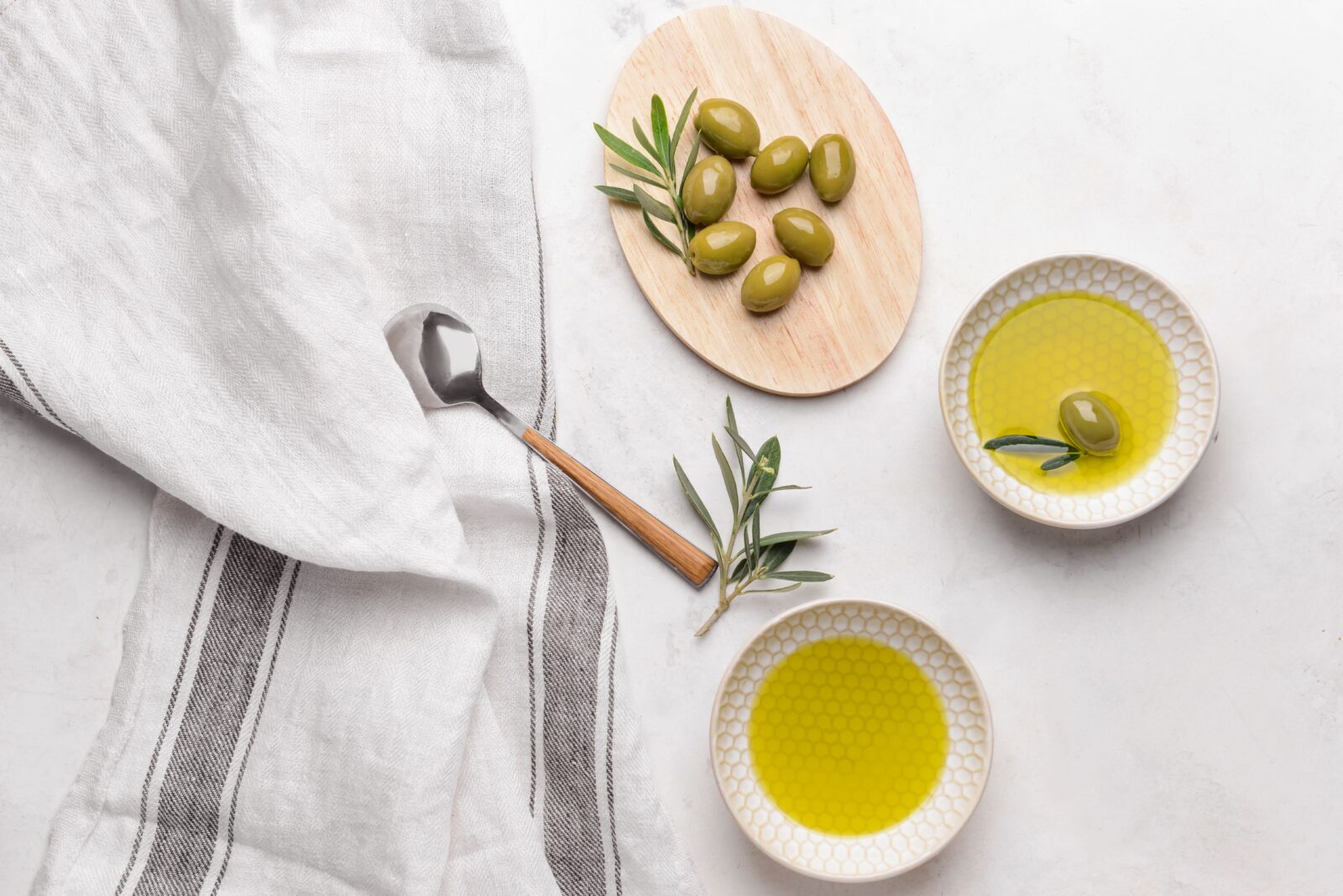
Some healthy oils are best raw or cold
Flaxseed oil is best in minimal quantities because the body absorbs it very slowly. Never heat flaxseed oil and consume it raw or cold.
Nut oils, such as walnut, macadamia, almond, etc., should all be eaten raw and limited.
What about rapeseed (aka canola oil), hemp, and rice bran oils?
Industrial oil processing includes exceptionally high temperatures a minimum of five times before bottling and selling in the grocery store. These oils will cause so much dysfunction and inflammation in the body, so it is best to avoid them altogether and instead pick a different option for all your cooking and baking needs.
This little guide will give you the confidence to use healthy fats for cooking and baking in your home kitchen.
Resources for further learning:
– The Skinny On Fats
– The Cholesterol Myths by Uffe Ravnskov
– Eat Fat, Lose Fat by Mary Enig and Sally Fallon
– Nourishing Traditions by Sally Fallon or Nourishing Fats by Sally Fallon
– The Big Fat Surprise by Nina Teicholz
– Deep Nutrition by Catherine Shanahan
Disclaimer: This post is not intended to provide medical advice, diagnosis, or treatment and is for educational purposes only.
For pantry staples at discounted prices, check out Thrive Market and save 40% off your first order!
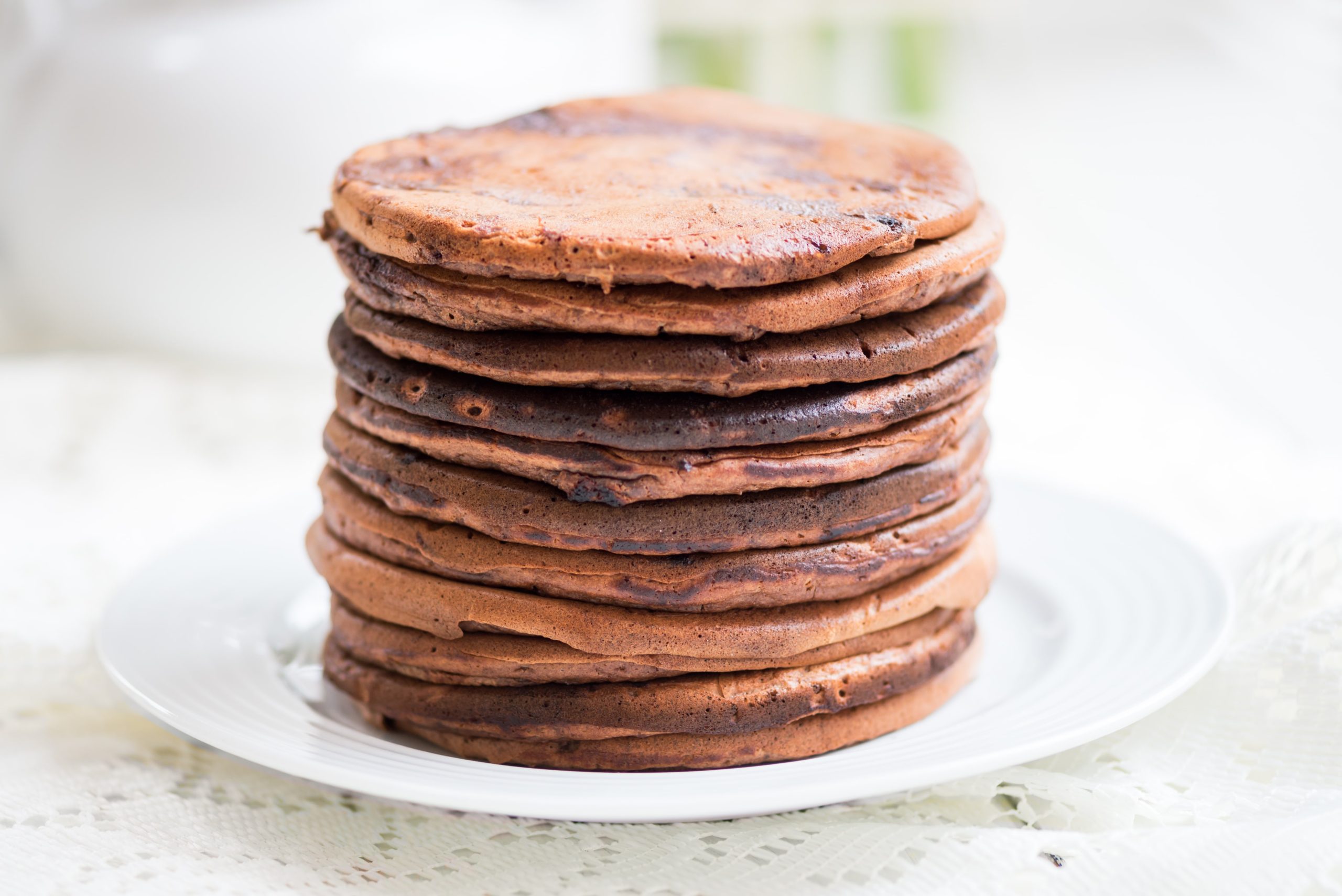
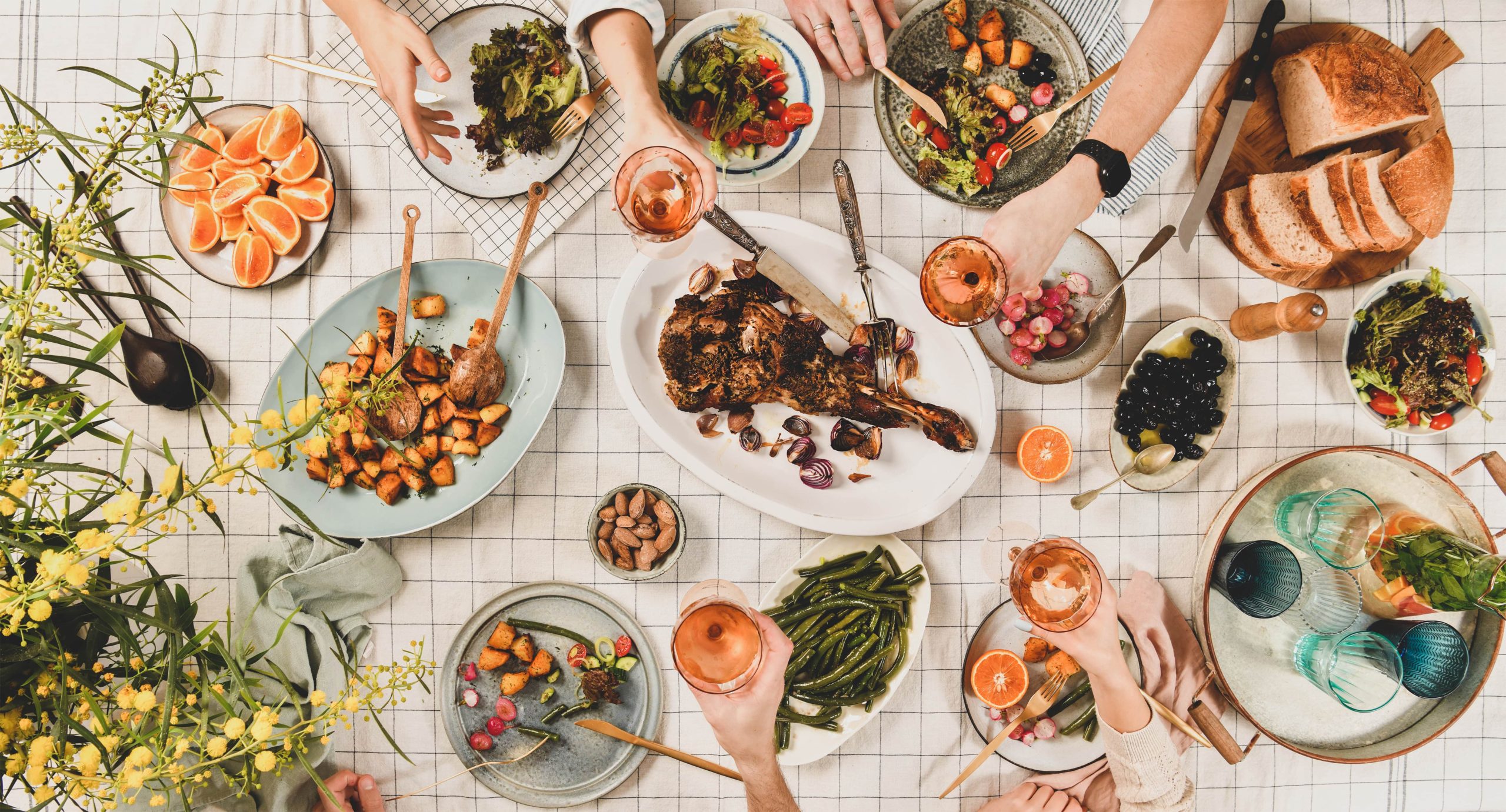
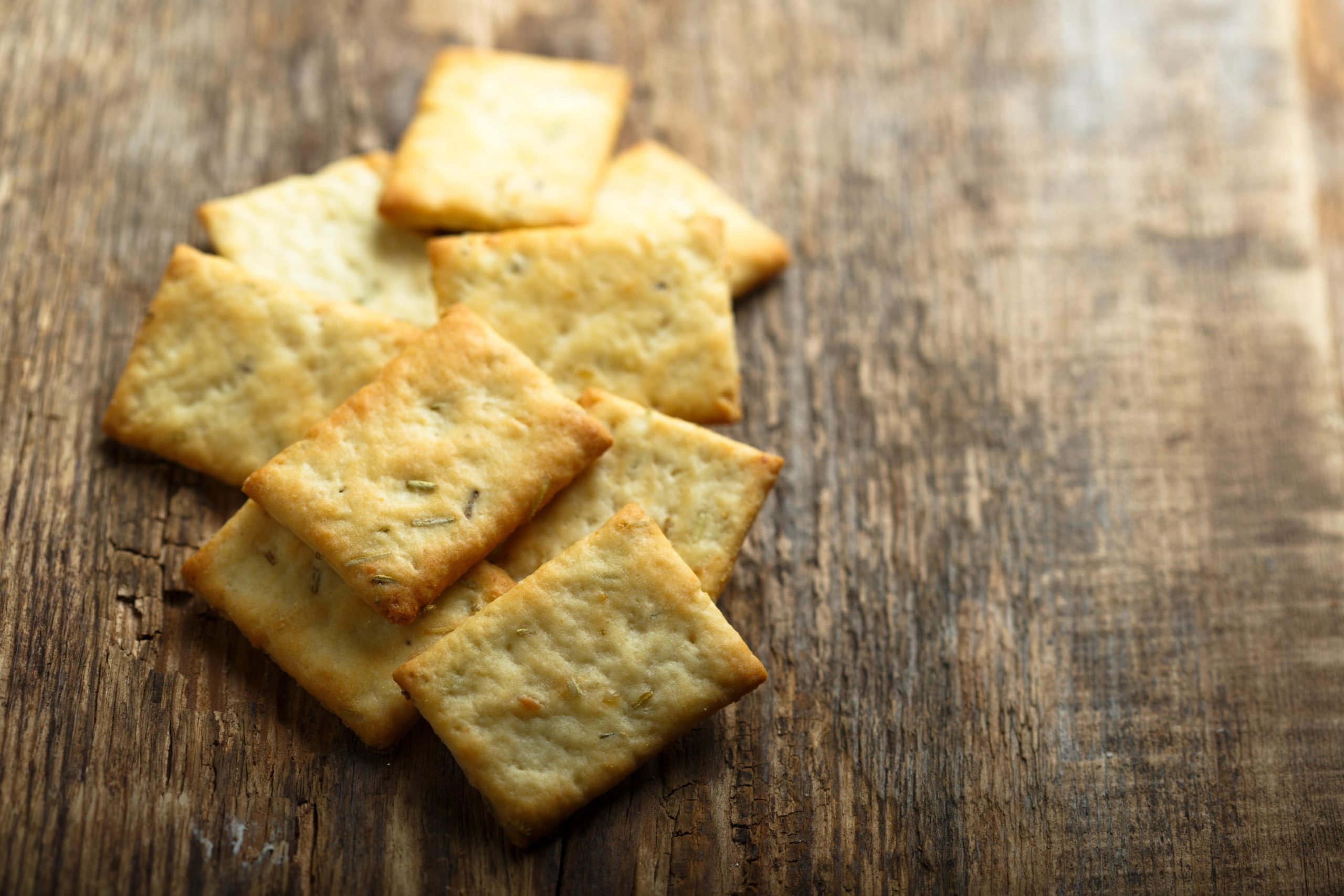
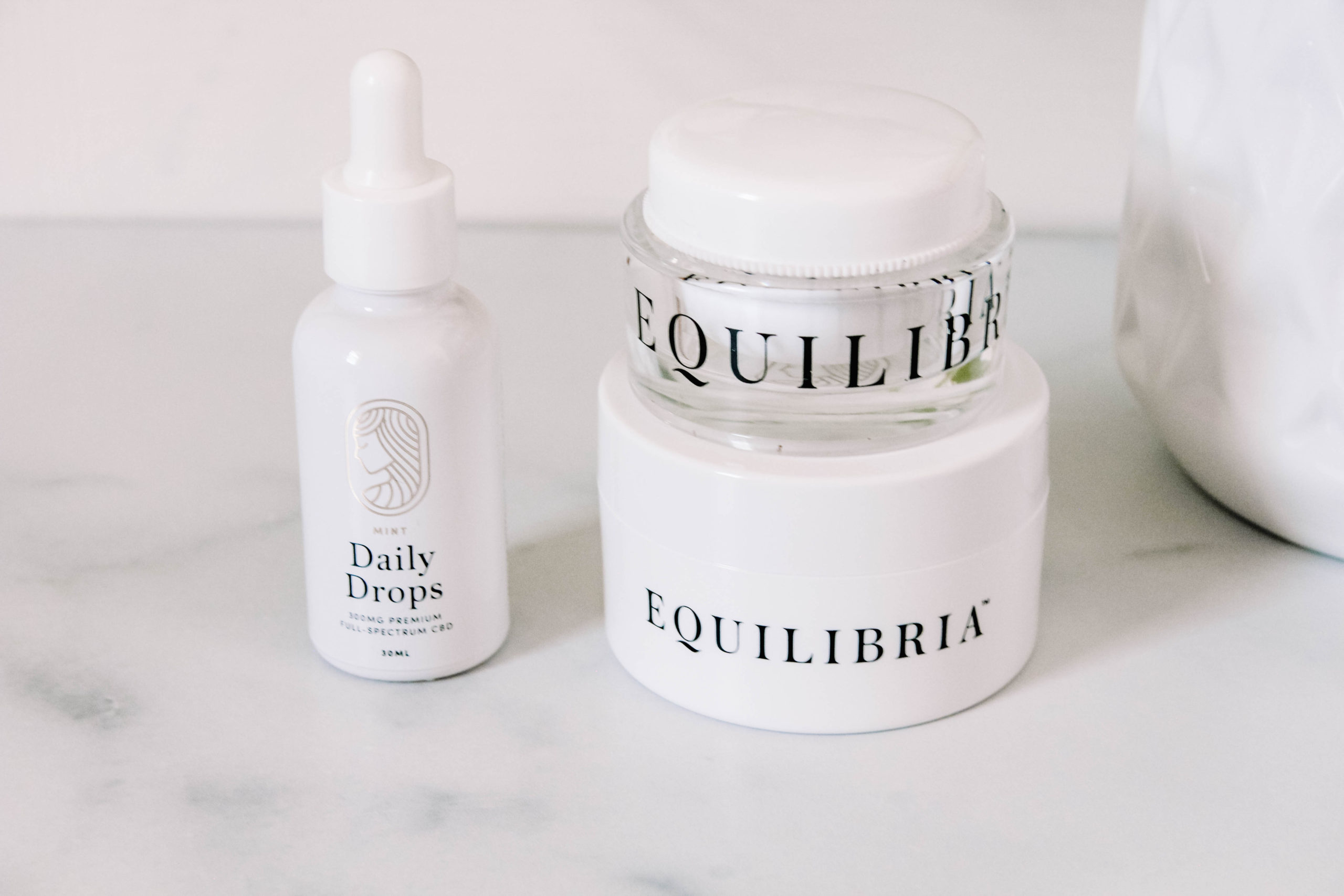
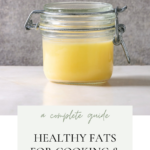
+ view comments